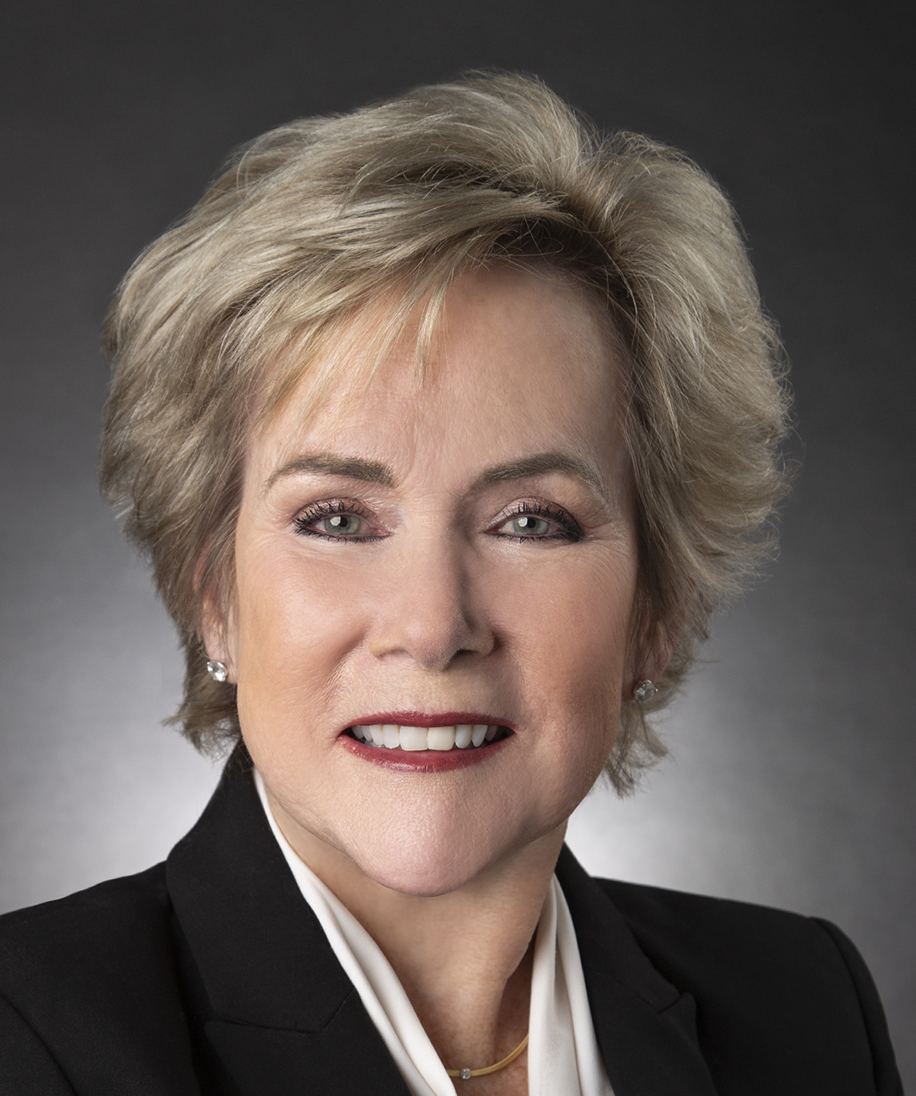Sponsorship
Women, Influence & Power in Law Conference
Thursday, October 04, 2018 - Saturday, October 06, 2018
12:00 AM BST - 12:00 AM BST
Washington, DC
999 9th Avenue NW
Washington , USA
Paul Hastings is a proud sponsor of the Women, Influence & Power in Law Conference to be held in Washington, DC from October 4-5, 2018. Paul Hastings Partner, Litigation Department, Tara Giunta, and Paul Hastings Of Counsel, Employment Department, Tammy Daub, will moderate panels during the conference.
Thursday, October 4, 201811:00 am – 12:00 pm
Program TitleSession 101 - The GC & CEO Panel: Reshaping Corporate Law Departments to Focus On Business Goals
Program DescriptionThere is little skepticism that the role of today’s GCs have a much broader scope beyond the customary responsibilities of analyzing issues legally, ethically, and objectively. As these roles shift, many CEOs are finding and seeking the GC’s perspective and insights to strategic decisions, but even that is no longer enough. The ability to manage the legal department and provide strategic business counsel are now baseline requirements. Globalization and increasing institutional investor demands are only a couple of factors that demand GCs to stay a step ahead of the curve and be forward-looking understanding the business and the industry. The panel will explore the relationship between the GC and CEO and the strategic input that the CEO seek from the chief legal officer and the new expected roles of the GC:
GC as gatekeeper and harmonizer
GC as a business partner and producer
GC as a strategic advisor and forecaster
ModeratorTara Giunta, Partner, Litigation Department, Paul Hastings LLP
SpeakersJennifer McGowan Spalding, Senior Vice President, General Counsel, Cardinal HealthKristy L. Balsanek, General Counsel, North America, gategroupGail Levine, Director of U.S. Competition Law, Uber Technologies, Inc.
Friday, October 5, 20182:15 pm – 3:15 pm
Program TitleSession 804 – Pay Equity, Equal Compensation and Benefits
Program DescriptionEmployers across the nation are confronting a host of new or amended employment laws addressing pay equity, pay inquiry, and paid sick leave. For example, numerous states, including among them Washington, California, New York, Maryland and Massachusetts, have adopted new standards for pay discrimination. In many cases, these new laws challenge employers to compare employees across broader groups, beyond just those doing “equal work,” and also to justify the “gaps” that exist between groups with more detailed explanations. All of this increases the litigation risks for employers.
Plus, the pressure to examine these issues and consider whether pay discrimination is occurring no longer comes predominantly from plaintiff’s lawyers and disgruntled employees. It now comes from boards of directors, shareholders proposals, and the marketplace more generally. Market pressure to disclose an employer’s “gender pay gap” grows. Yet the disclosure of a pay gap greater than your competitors’ or the failure to disclose one at all can create recruitment challenges.
In this environment, understanding and managing pay equity and pay gaps is an ongoing challenge. Moreover, various U.S. municipalities and states, including New York City, Philadelphia, New York, California, and Puerto Rico have also enacted new legislation that prohibits employers from asking applicants about their current or past salary, creating additional compliance and recruitment challenges for employers. Other cities and states have similar legislation that is pending. This is aimed to combat wage disparities based on gender, by prohibiting employers from relying on salary history to set pay levels. Finally, various states and localities have adopted or are considering mandatory paid sick leave laws, adding to the assortment of new employer requirements. We will cover the following:
- What is the current state of pay discrimination law in key jurisdictions and how do employers construct an effective approach to defining and mitigating legal risks and other challenges?
- What do the pay inquiry bans mean for employers as far as what they can inquire about, collect, discuss, and use as far as a candidate’s current or past salary/benefits?
- What other components of compensation and/or benefits should be considered and are included?
- What should employers do about these pay inquiry prohibitions? How should employers comply with paid sick leave laws?
- Should employers adopt one universal approach to these laws, anticipating the continued liberalization of laws, versus a multi-jurisdictional approach?
ModeratorTammy Daub, Of Counsel, Employment Department, Paul Hastings LLP
SpeakersClare McCown, Associate General Counsel, Rakuten USAEllen Rice, Associate General Counsel, Employment Law and Compliance, Pivotal Software, Inc.Kendall Mills, Senior Counsel, JLLKirsten Hotchkiss, VP, Global Employee Relations & Employment Counsel, American Express
For more information, please visit the conference website.
